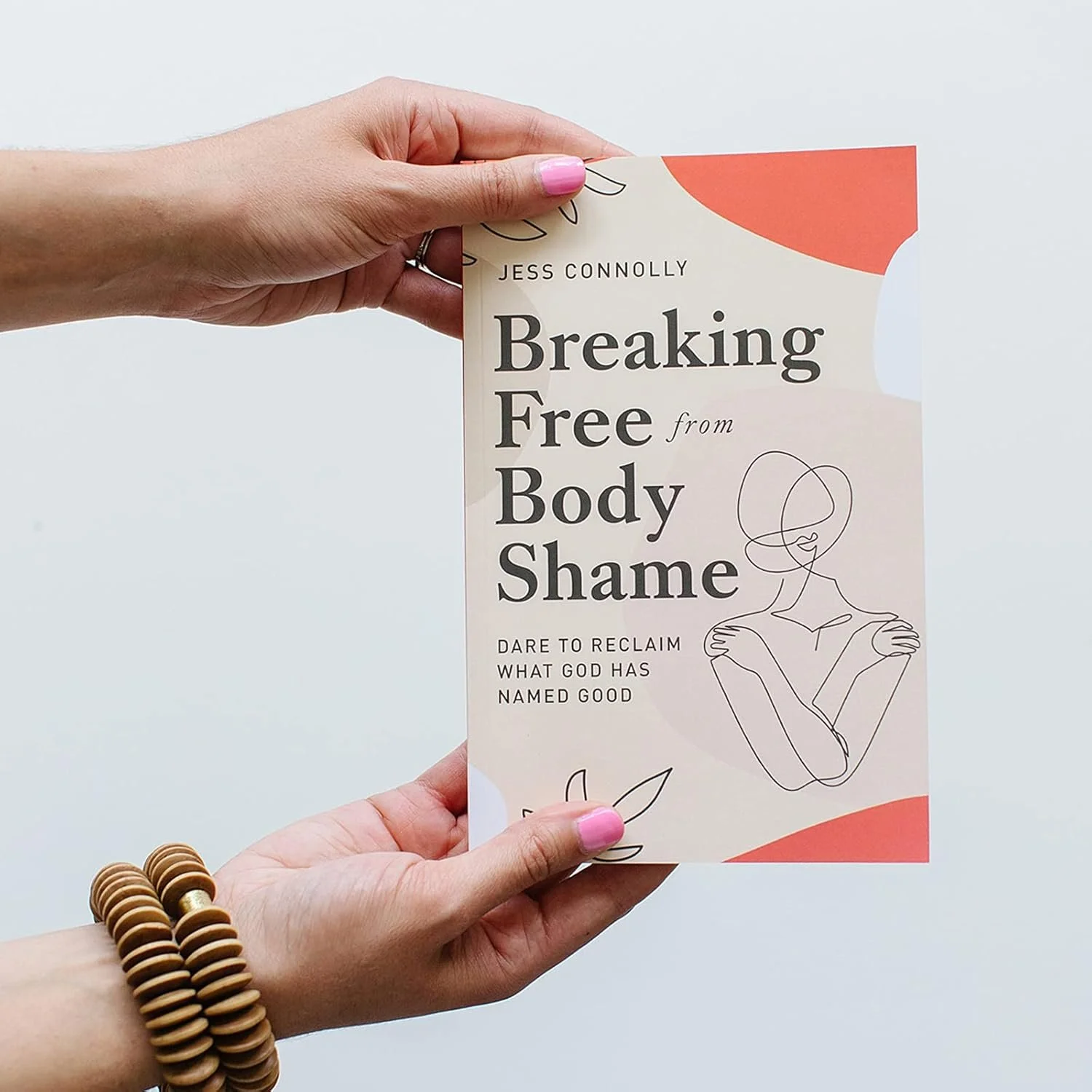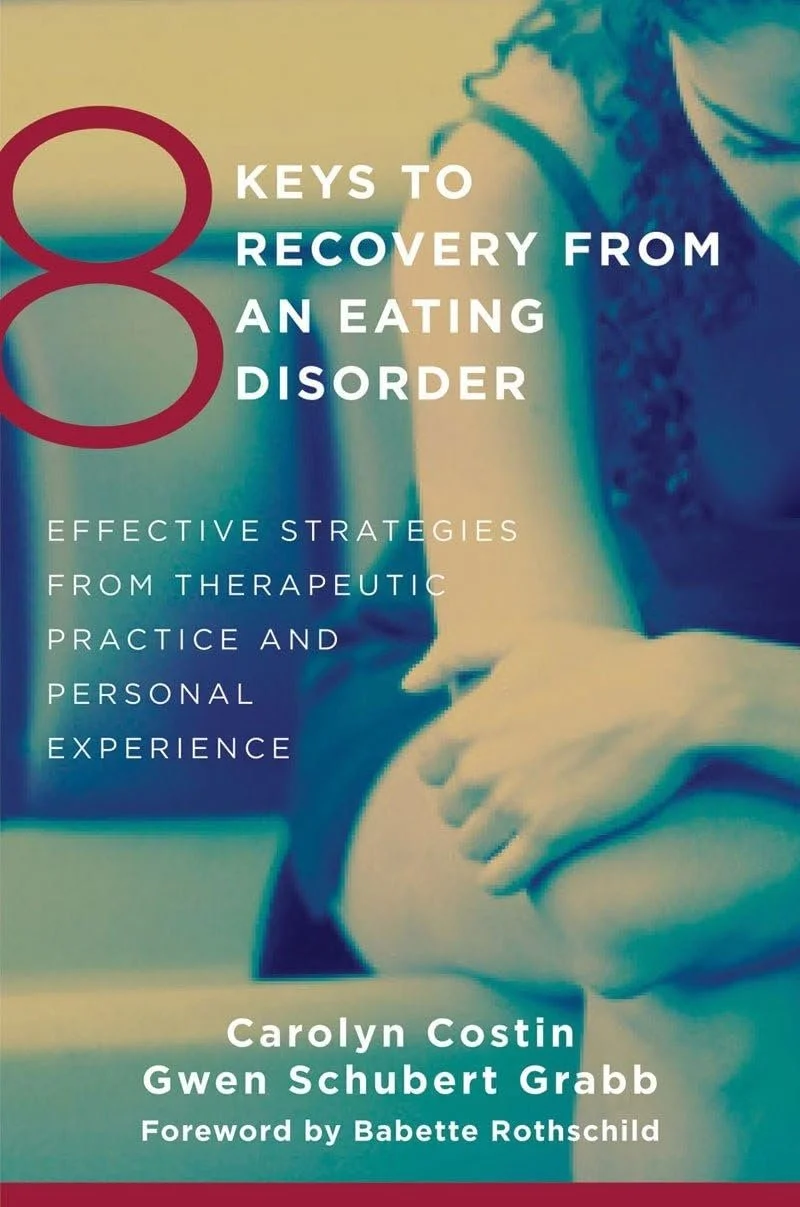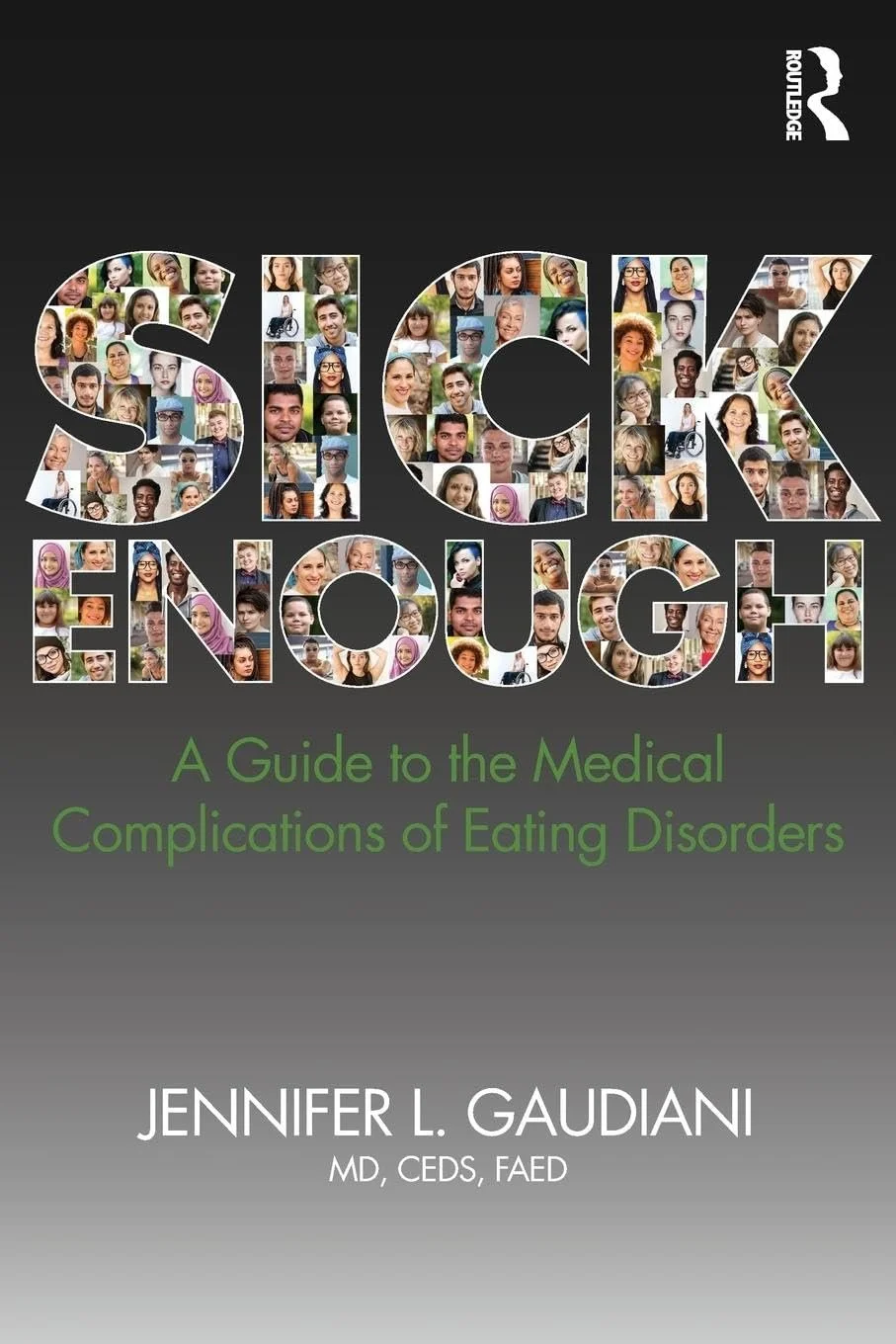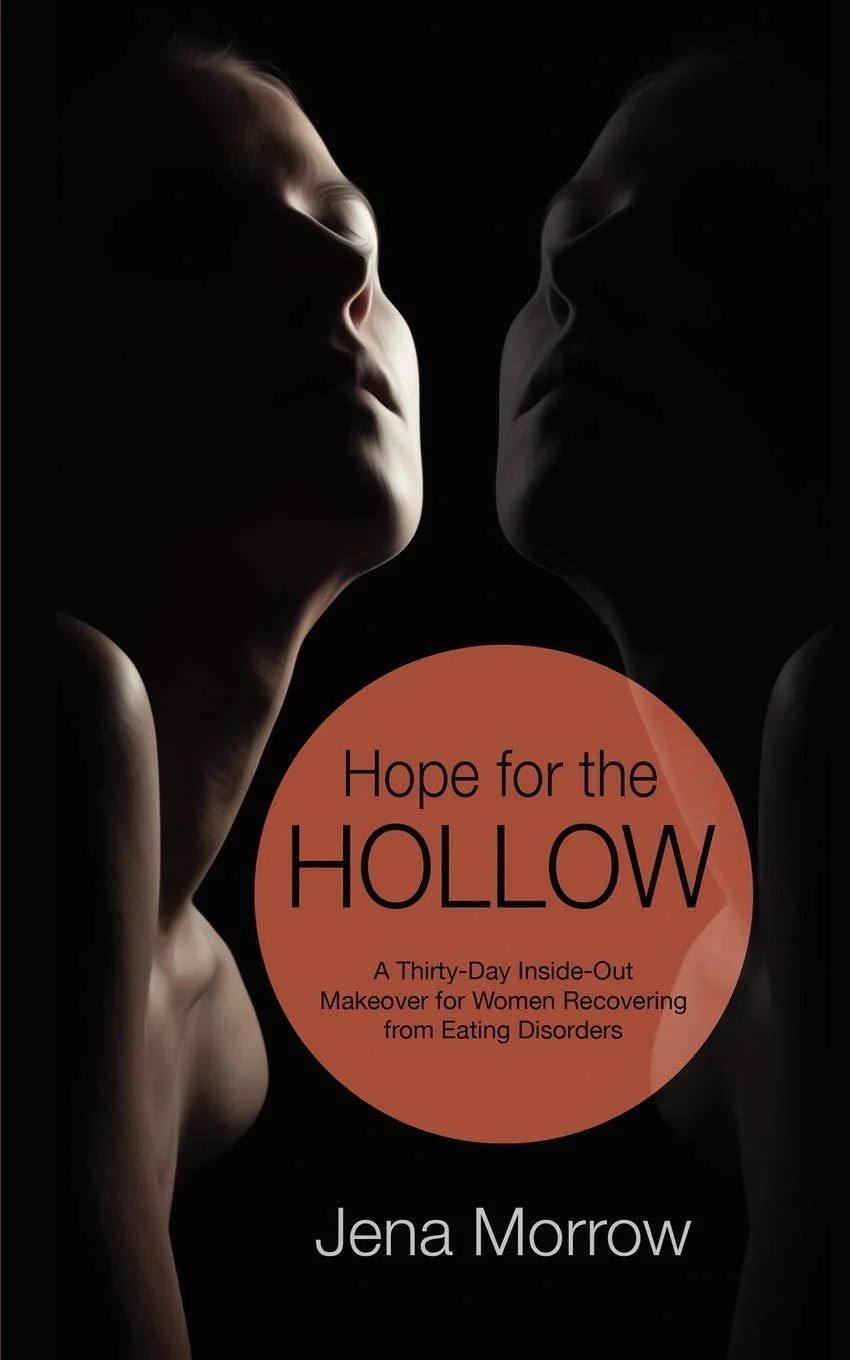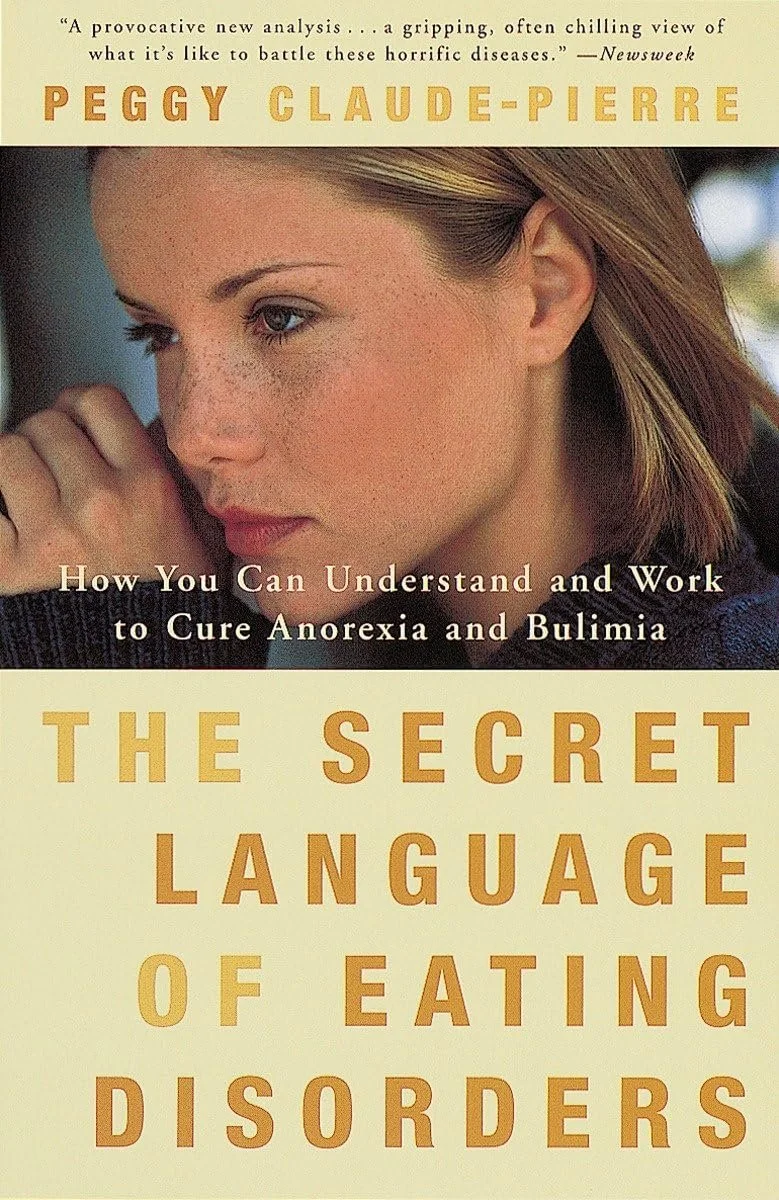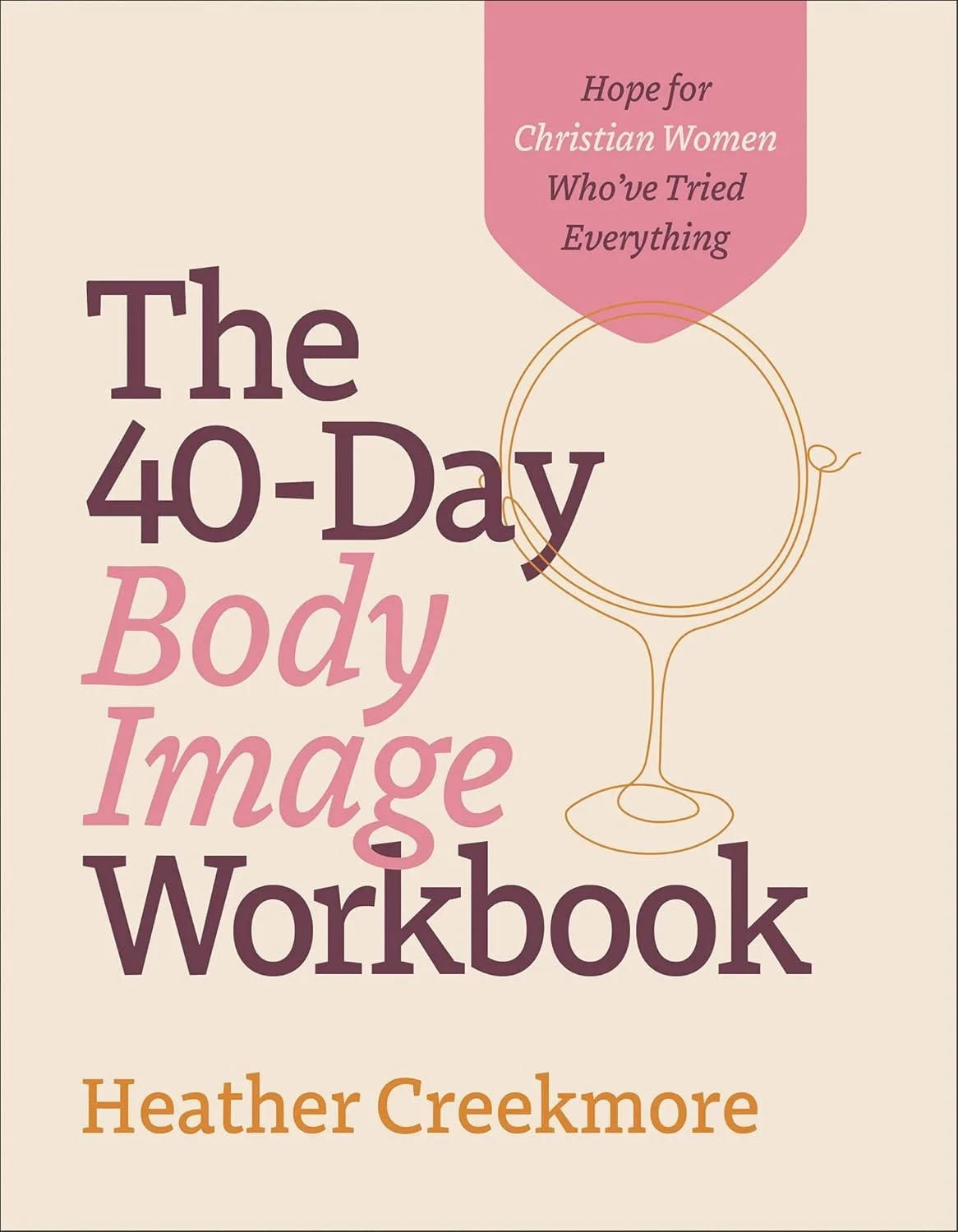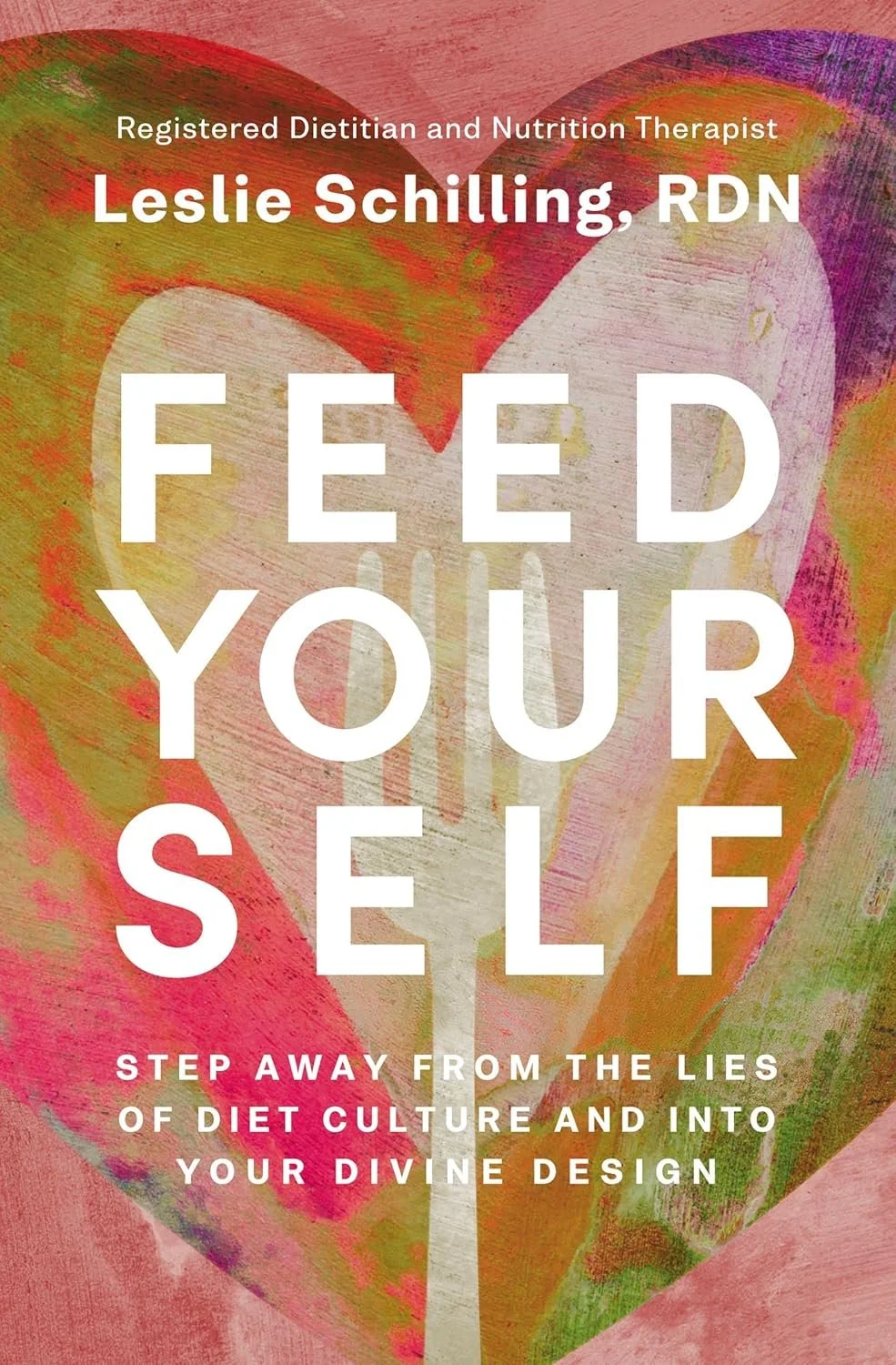
For the Fighter
We understand that navigating recovery from eating disorders can be daunting. Here’s what you need to help you along the way.

Common Questions You Make Ask
These are common questions we receive everyday. Please know you are not alone.
How do I know if I really need a higher level of care?
Determining if you need a higher level of care can be challenging but a key factor in determining your next step is listening to the guidance of your treatment team. If they express concerns about your symptoms not improving despite outpatient efforts, this may indicate that more intensive support is necessary. If you notice that your eating disorder is interfering with your daily life, such as work, school, or relationships, then pursuing a structured environment for your recovery may be your next best step.
I feel like I can do this on my own; why do I need help?
It’s completely understandable to feel like you can handle things on your own when facing an eating disorder. However, these struggles are often more complex than they seem. Seeking help can provide you with support, guidance, and accountability that can make a big difference in your recovery. Having professionals and loved ones by your side can offer new perspectives and strategies you may not have considered.
But am I really sick enough?
Eating disorders can affect anyone, regardless of appearance or symptom severity. It's important to recognize that comparing yourself to others can be misleading, as eating disorders thrive on such comparisons. These comparisons can lead to suppressing your own symptoms or downplaying your struggles. If you're experiencing significant emotional distress, difficulty managing your eating behaviors, or feeling overwhelmed, these are key signs that you may need more intensive support. Remember, seeking help is about prioritizing your health and well-being. You deserve the support you need, and reaching out is a brave step toward recovery.
I've gone through treatment before, but I always seem to relapse as soon as I get home. Why should I consider trying again?
Recovery is possible! Even if your journey has been challenging or your transitions home have been difficult, there is hope for you. Even if you can’t believe it right now, recovery is within reach.
We believe that Jesus makes all the difference in this journey, as He has the power to redeem and restore. Our Executive Director struggled with an eating disorder for years and went through treatment twice before finding true recovery. This experience inspired the creation of Charis, where we are committed to supporting our patients every step of the way, no matter how non-linear the path may be.
Remember, Jesus is with you in this struggle, and He sees your pain. "It is for freedom that Christ has set us free" (Galatians 5:1).
What if I don’t meet the “typical” profile of someone with an eating disorder?
It's important to know that eating disorders can affect anyone, regardless of gender, age, body size, or background. In fact, studies show that only about 6-10% of individuals with eating disorders fit the "typical" profile often portrayed in media. Your experiences and feelings are valid, even if you don't fit this profile. Just because your struggles may not be visible or don't match common characteristics, doesn't mean they're not serious. You deserve support, no matter what your eating disorder looks like.
I've been to other treatment centers, but I feel like I'm missing that faith component. Is that something I can find here?
Yes, you can find that faith component here at Charis. We understand that everyone comes from different faith backgrounds, and we want to foster an environment where your faith can be strengthened and flourish as you pursue recovery. Our faith-based treatment approach aims to help you restore or establish faith as a source of safety, empowerment, guidance, and peace as you pursue recovery.
Learn more about our beliefs HERE.
Questions to Ask When Seeking A Faith-Based Treatment Team
Seeking help can feel overwhelming. We share key questions to consider when looking for a treatment team that aligns with your faith, helping you make informed decisions.
-
How does your team incorporate faith and biblical principles into the treatment process?
Does the program align with my specific denomination or beliefs, and how are theological differences handled?
-
Are your therapists trained in integrating faith into mental health and eating disorder treatment?
How does the program address the spiritual effects of trauma and encourage healing through God’s Word?
-
How does your team approach body image from a biblical perspective?
Are biblical principles, such as the body being a temple, integrated into nutrition therapy?
-
Are there opportunities for spiritual community, such as prayer, Bible studies, or faith-based support groups?
How are families involved in the process, and are there faith-based resources for them?

-

Meal Support
Downloadable table placemats, weekly menu planning, and shopping lists
-

Wall Art
8×10 Wall Art to place around your home or office as a reminder of truth and God’s promises.
-

Daily Reflections
Daily journal prompt
Christian Support Group for Recovery
Finding comfort, connection, and hope in difficult times is essential. Charis Eating Disorder Care's virtual Support Group for Recovery offers a safe and loving space for those struggling with eating disorders and their loved ones. In this compassionate community, members can share challenges, receive encouragement, and find accountability on the journey to healing. Each week, we discuss common struggles in recovery while being consistently pointed to truth through God’s Word. No one has to walk this path alone—together, we find strength, support, and renewed hope.
Recommended Readings


